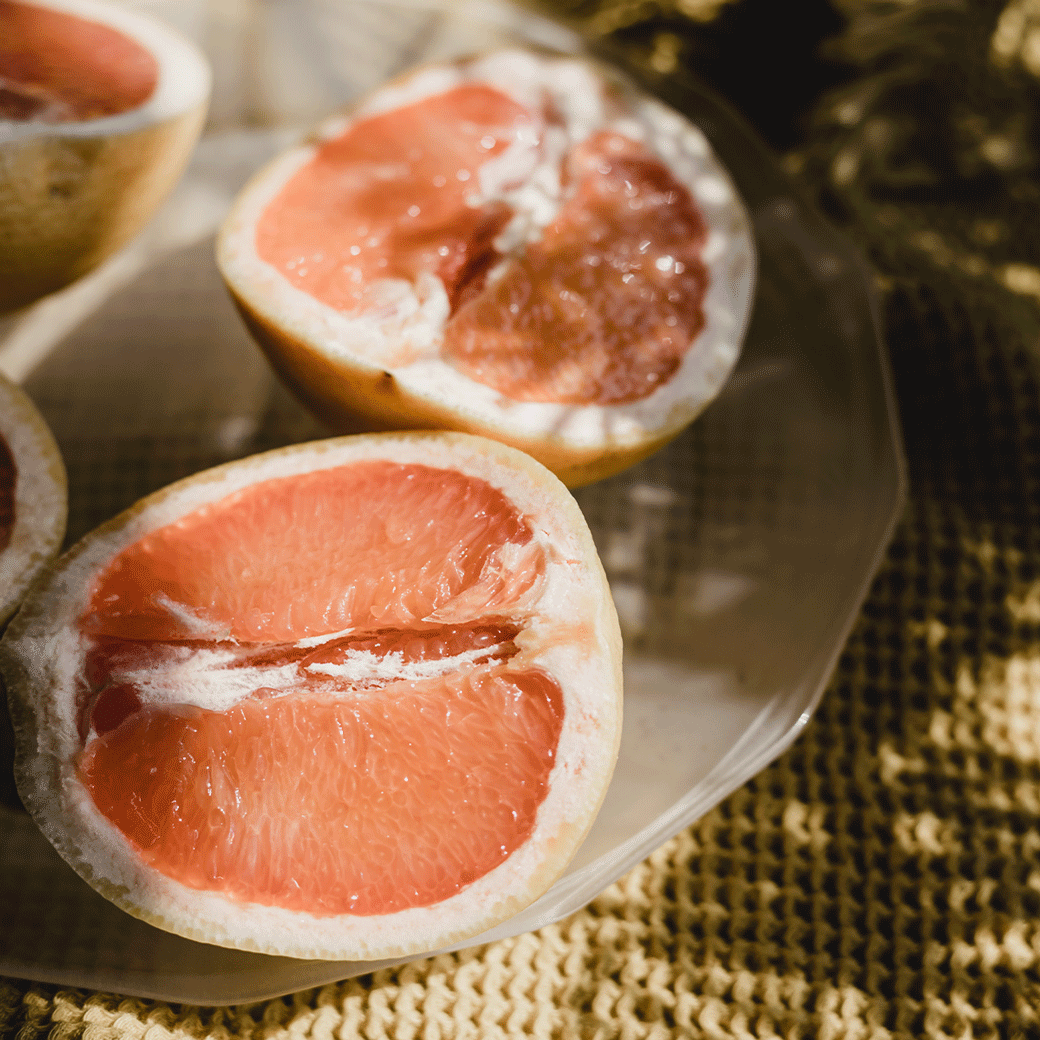
Has anyone noticed that you can’t buy grapefruit in the supermarket anymore? And what about the apples, don’t they seem to be getting sweeter and sweeter? This is actually a conscious decision by the supermarket buyers in response to the public wanting sweeter foods. Growers now breed the bitter compounds out. A wild species of tomato found in Peru contained 166 times as much bitter tomatine as the mild varieties found now. Manufactures also remove the bitter compounds after picking to make them more palatable in a process called de-bittering. Citrus juices get passed through a bead-like resin that filters out the bitter molecules. Every year heirloom foods are being replaced with a more ‘consumer-friendly’ sweet taste, but at what cost to our health?
The problem is the chemicals that make the fruit and vegetables bitter are actually filled with vital health benefits called phytonutrients. Bitter phytonutrients act as a natural pesticide protecting the plants against predators such as bacteria, fungus and insects. When we ingest them they can cause our damaged and diseased cells to die. This is one of the reasons it makes them so important as they have the ability to destroy cancer cells and are anti-inflammatory. They also contain antioxidants which remove free radicals and other potentially toxic compounds. We are naturally drawn to sweeter foods because when we were hunter-gathers sweet foods meant that they were safe to eat and not poisonous. Bitter foods are good for us because they are slightly toxic and when we ingest them that toxicity works for us eliminating any roaming pathogens and diseased cells. (Interestingly there are 25 different receptors in the gut for bitter but only 1 to detect sweet!)
This is not the only reason bitter foods are so important, they play a major role in aiding digestion and suppressing hunger and have been used for centuries in this way.
Bitterness gets the gastric juices flowing as there are bitter receptors spread the whole way along the gastrointestinal tract that stimulate the production of enzymes that break down food, induce the churning action of the stomach, and movement through the GIT tract. The Italian’s have been doing it for over a century starting their main meal with an aperitif - a very bitter alcoholic drink called Aperol or Campari. Aperol spritzers are this summers fashionable drink so try one before dinner to get your gastric juices started. If beer is more your thing, craft beer IPA’s are very bitter too, it is best to eat/drink bitters 15 minutes before a full meal to allow time for the digestive process to begin.
Bitter foods not only help with digestion before a meal but also afterwards, they have long been used as a digestive tonic to improve digestion after a big meal. Rich fatty dishes can become more digestible by pairing them with bitter greens. A bitter dish will be served in a degustation menu to cleanse your palate between the heaver dishes.
They also help with appetite control, herbal bitters have been used for centuries by monks and nuns to support intermittent fasting as they balance appetite and support portion control helping to manage excessive sweet and sugar cravings. Bitter taste receptors in the gut trigger the release of hormones that control appetite and food intake which makes you feel fuller and satiated for longer. It also helps with healthy blood sugar levels as the pancreas makes insulin, the hormone that regulates blood sugar levels contains bitter taste receptors.
Foods that have the highest bitter phytonutrient content are leafy greens, especially dandelion, spinach and kale, brussel sprouts, cauliflower, cabbage, broccoli, radishes, radicchio, arugula, chicory, white asparagus, endive, eggplant, bitter melon, artichoke, unsweetened cranberries, berries, non-dutched cocoa, cocoa nibs, dark chocolate, ginger, citrus and its peel, apple cider vinegar, coffee, green tea, red wine and hoppy beer. The good news is these foods are also all high in Salvestrols so increasing them in your diet will also increase your Salvestrol levels.
If you really struggle with the taste of bitter foods its not too late to retrain your palate, just like children you need to try new foods 12 to 15 times before you will like them. It could also make you a better cook too, if you balance foods out with the other taste receptors of salty, sweet, sour and umami it actually enhances the depth and complexity of a dish without actually giving a bitter taste. So go ahead and embrace the bitter and enjoy the health benefits!

